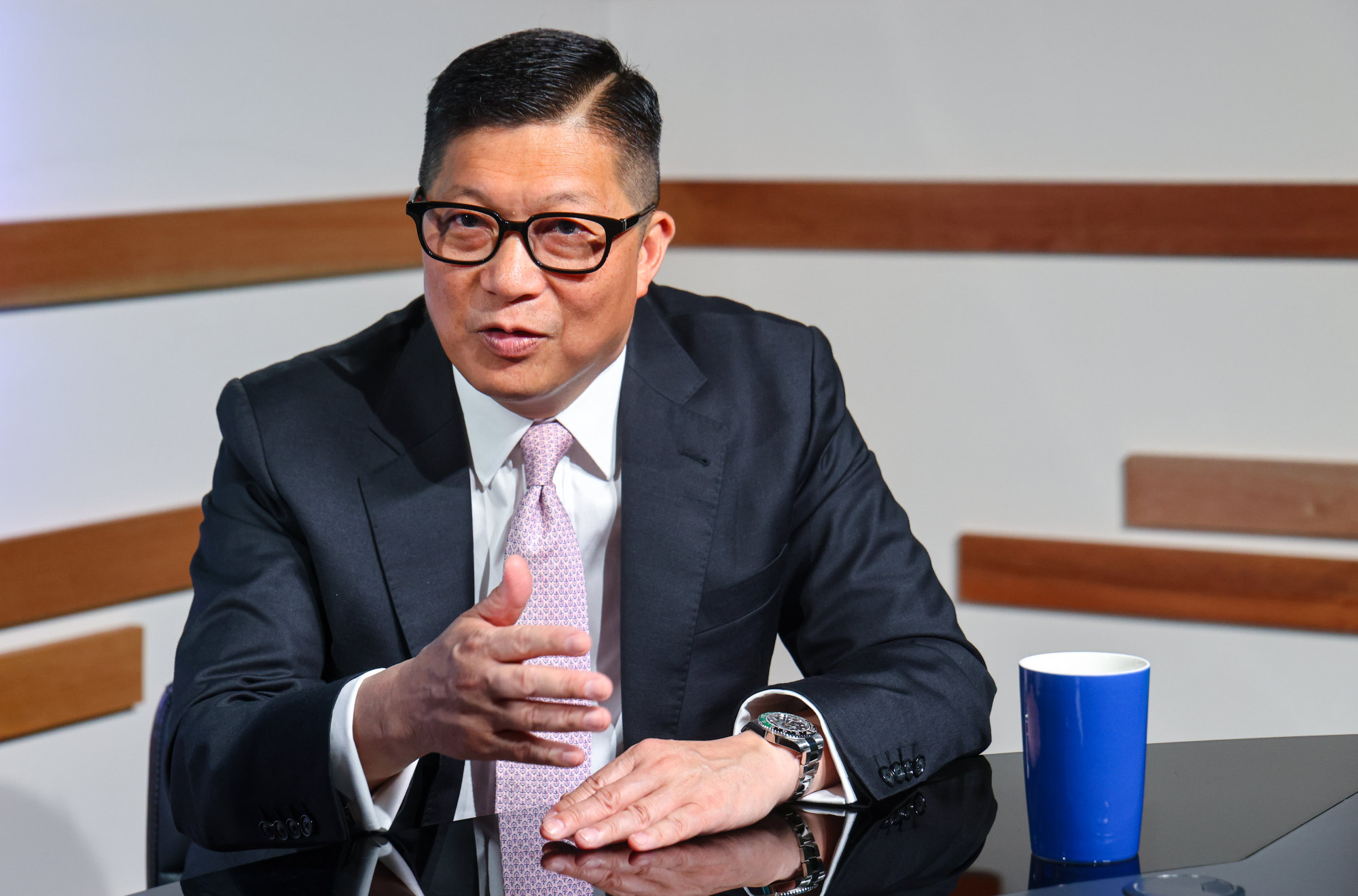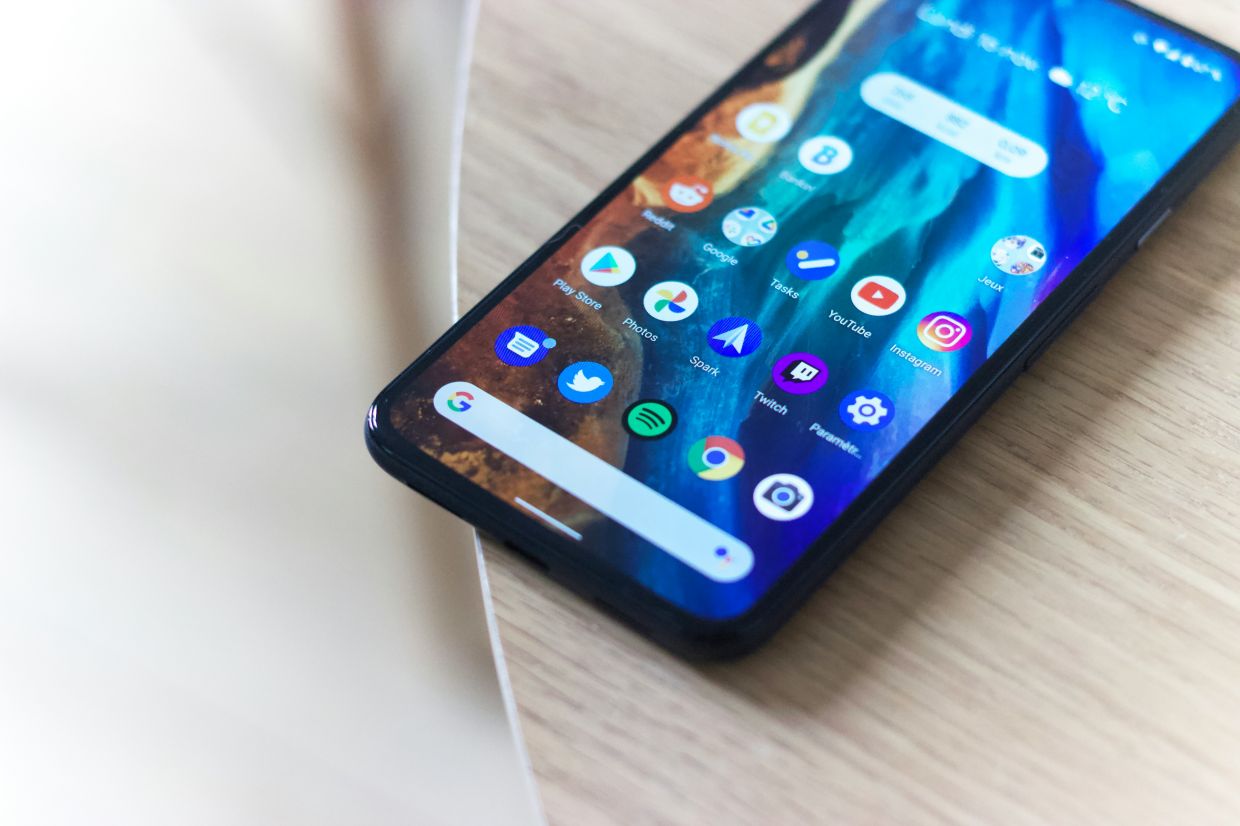
Security minister says number of surveillance cameras with facial recognition technology will increase by up to 2,500 a year. — SCMP
Police surveillance cameras in Hong Kong will adopt facial recognition technology to improve law enforcement as the city gears up to handle the rise of crimes using artificial intelligence, Secretary for Security Chris Tang Ping-keung has said.
In an interview with the Post, he revealed the plans to introduce facial recognition technology in surveillance cameras installed in public areas by police, which now number 15 under a pilot scheme and will be increased to between 2,000 and 2,500 a year from 2025.
“I think this is a natural trend. In fact, in a lot of other jurisdictions, they are using it already,” Tang said.
The government announced a plan to install CCTV cameras across the city in a bid to combat crime and safeguard residents earlier this year, aiming to mount 2,000 cameras across the city by the end of the year.
Tang revealed that the 15 sets of cameras installed in Mong Kok as a technical trial had enabled the force to detect 13 types of crimes in the area, without specifically identifying them.
He cited the United Kingdom, which had around 7.3 million surveillance cameras around the country, and Singapore, which is to increase the number of cameras to 200,000 by 2030, arguing that more cameras would boost effectiveness in crime prevention and criminal investigations.
The security minister explained that facial recognition technology could enhance the effectiveness of law enforcement by saving time, citing the example of robbery cases, where officers had to check through footage from all surveillance cameras one by one.
“Eventually, when we are able to find the whereabouts of the culprit through a number of CCTV [cameras] it will be a few hours later – we know with AI technology, we can instantly identify the culprit,” the security minister said.
But the former police chief reassured the public that adding more surveillance cameras to the city would not compromise personal privacy, adding that residents and businesses “from all walks of life” did not object to them.
“All our installation of the CCTVs, it’s in full compliance with our privacy law,” Tang said.

There would also be strict procedures in place to protect privacy, according to the minister, as surveillance footage would only be retrieved for viewing from a database under a justified cause and with approval from senior police officers.
Besides using artificial intelligence to sniff out suspects, Tang was confident that his law enforcement officers could handle the rise of crimes that use the new technology, such as deep fake scams.
“So far, we have received three such crime reports, and we have spotted a little bit more than 20 of such websites using deepfake technology. So we are tackling this problem, and our officers are being trained to handle this kind of crime,” Tang said.
The first deepfake scam case in Hong Kong emerged last year, when police arrested six people in a crackdown on a fraud syndicate that used images doctored by artificial intelligence for loan scams targeting moneylenders. The scam had amounted to HK$200,000 (RM118,786 or US$25,625) in stolen funds.
In January, London-based design and engineering firm Arup lost HK$200mil (RM118.78mil) after one of its Hong Kong employees was tricked by a digitally recreated version of the firm’s chief financial officer.
Another UK-based multinational company also fell victim to a deepfake scam in May, as an employee at its Hong Kong branch transferred HK$4mil (RM2.37mil) to fraudsters who posed as a top executive.
Separately, Tang emphasised that it was an “international practice” to refrain from naming operators of “critical infrastructure” deemed essential for society to function out of terrorism attack fears.
The Security Bureau tabled a bill to boost cybersecurity among eight categories of “critical infrastructure” operators last month, where an undisclosed list of firms in energy, information technology, banking, communications, maritime, healthcare services, land and air transport, would be subjected to cybersecurity requirements.
The bureau chief said firms in these sectors would be evaluated on three criteria to see if they fell under the bill – whether their services were essential, their socioeconomic importance and the technological dependence of their work.
“It’s a major critical infrastructure, we are not targeting small and medium enterprises, we are not interested in personal data of (their) system, we are interested in protecting (their) computer system as a whole,” Tang said. – South China Morning Post










































